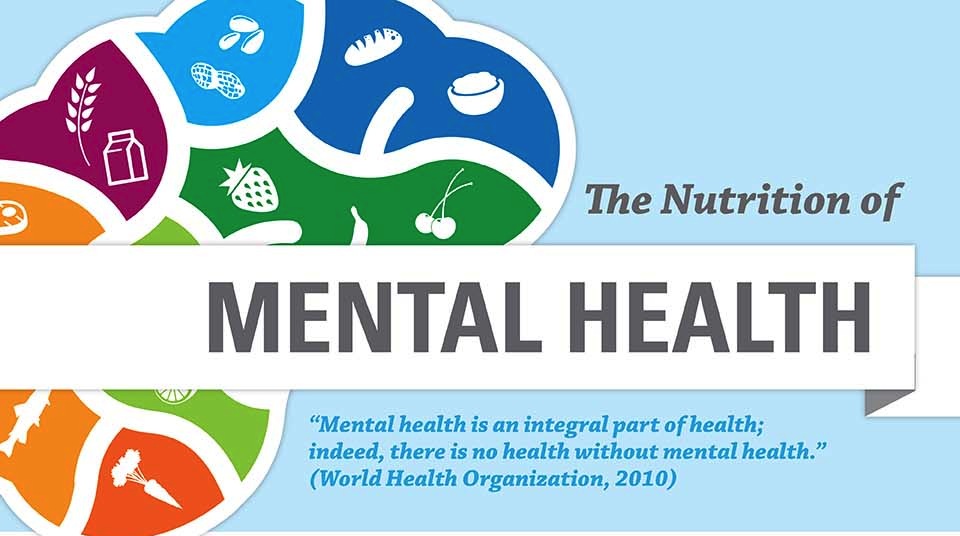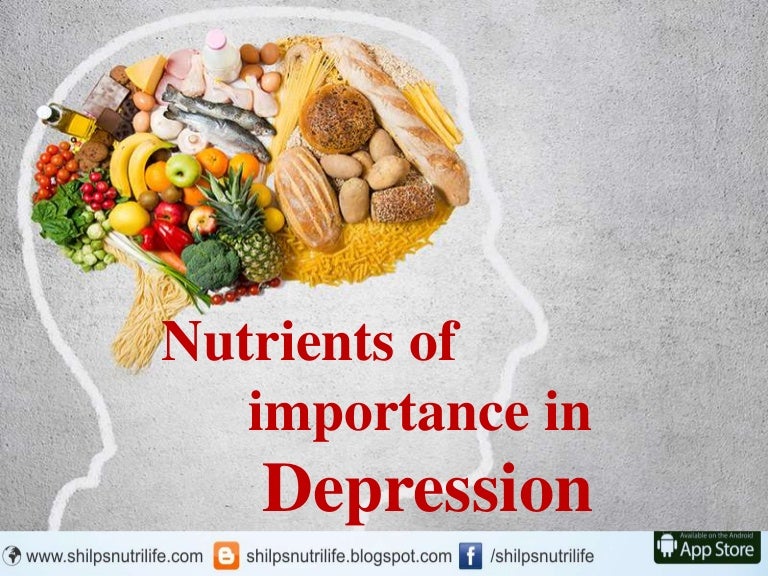Nutrition And Mental Health The Importance Of Diet In Depression

Nutrition And Mental Health: The Importance Of Diet In Depression
What Is Depression?
Depression is one of the most common mental illnesses in the world, with an estimated 300 million people affected globally, according to the World Health Organization. It is a mental health disorder characterized by persistent sadness, loss of interest in activities once enjoyed, fatigue, difficulty concentrating, and changes in appetite and sleep patterns. It can also be accompanied by feelings of hopelessness, guilt, and low self-esteem. Depression can be caused by a variety of factors, including biological, psychological, social, and environmental.
The Role Of Diet In Depression
Recent research suggests that diet plays a significant role in depression. A diet high in processed foods and sugar can increase levels of inflammation in the body, which is linked to depression. Inflammation is the body’s response to injury, and chronic inflammation may be linked to a variety of diseases, including depression. Eating a diet rich in fruits and vegetables, which are high in antioxidants and anti-inflammatory compounds, can help reduce inflammation and improve mental health.
Benefits Of A Healthy Diet
A healthy diet can have a number of benefits for those suffering from depression. Eating healthy foods, such as lean proteins, complex carbohydrates, and healthy fats, can help to increase energy levels, improve mood, and reduce stress. Additionally, a diet rich in nutrients can help to support overall brain health, and a balanced diet can help to reduce cravings for unhealthy foods, which can have a negative impact on mental health. Eating a balanced diet full of nutrient-dense foods can also help to support a healthy immune system, which can help to reduce inflammation and improve mental health.
The Link Between Nutrition And Mental Health
Nutrition is an important factor in mental health, and research has shown that a balanced diet can help to reduce the symptoms of depression. Eating a diet rich in fruits, vegetables, lean proteins, and healthy fats can help to reduce inflammation in the body, which has been linked to depression. Additionally, eating a healthy diet can help to support overall brain health, and can help to reduce cravings for unhealthy foods, which can have a negative impact on mental health.
Tips For A Healthy Diet
Eating a healthy diet can help to reduce the symptoms of depression and improve overall mental health. Here are some tips for incorporating a healthy diet into your lifestyle:
- Eat a balanced diet that includes a variety of fruits, vegetables, whole grains, lean proteins, and healthy fats.
- Limit your intake of processed foods and sugary drinks.
- Make sure to get enough essential vitamins and minerals, such as Vitamin D, Omega-3 fatty acids, and B vitamins.
- Drink plenty of water to stay hydrated.
- Limit your intake of caffeine and alcohol.
- Aim for at least 30 minutes of physical activity per day.
Conclusion
Eating a healthy diet can have a number of benefits for those suffering from depression. Eating a balanced diet full of nutrient-dense foods can help to reduce inflammation in the body, which has been linked to depression. Additionally, eating a healthy diet can help to support overall brain health, and can help to reduce cravings for unhealthy foods, which can have a negative impact on mental health. Incorporating a healthy diet into your lifestyle can help to improve your overall mental health and reduce the symptoms of depression.
Depression Nutrition: Food that Improves Mood and Mental Health

Depression Nutrition: Food that Improves Mood and Mental Health

Nutrition for Depression: The best food to eat for depression and

Mental Health and Nutrition: The Missing Link – Bryan Vignery, Licensed

What Is the Best Diet for Depression, Fatigue, & Anxiety? 8 Top Foods | 1MD

Nutrition for Anxiety and Depression (Mood Boosting Food) - Healthy Tips
Dietitians Online Blog: National Mental Health Month The Relationship

Good Food, Good Mood - JMU

Nutrition of Mental Health #infografía | Health &beauty | Pinterest
Diet in depression
